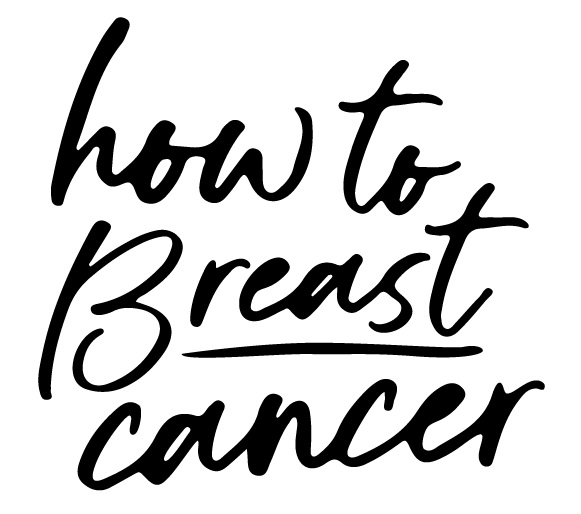Why it is actually great to be sensitive...
“Our greatest strength lies in the gentleness and tenderness of our heart.”
— Rumi
I am a sensitive person. Always and forever. When I was younger, I used to think it was something that held me back. Now, in my blissful fifty-second trip around the sun, I unequivocally know, it is not just a strength, but wisdom.
Because I am sensitive, whenever I hear someone say to anyone or to me, “Don’t be so sensitive”, I think, “Why exactly not?” If we actually take a moment to try to answer exactly why not to be sensitive, chances are, most of the answers would likely be:
“It’s not that big a deal.”
“They didn’t mean anything by it.”
“You gotta get tougher skin.”
“No need to cry.”
And, last but not least; the typically most popular: “They were just joking!”...NEWSFLASH: when something is truly funny (not hurtful), it does not need to be clarified as a joke. A truly good joke makes anyone laugh, with no introduction or clarification needed.
In other words, if you have to say, “that was a joke!”, chances are, it wasn’t.
There is far more to sensitivity than meets the eye. In fact, there is growing evidence of the value in really understanding sensitivity and respecting the good it serves all of us.
Sensitivity can actually be an incredibly positive force for humanity.
In just this year, The Cleveland Clinic, Forbes, and Time featured articles on the topic of sensitivity and provided sound perspectives on the many ways in which it is a strength and an important part of our lives in helping us get through the good and the bad. In reading these articles, there were a few points that deeply resonated with me…
In the Cleveland Clinic article, they share key insights that help us understand highly sensitive persons (HSP), which they note, is a personality trait first used by psychologists in the 1990s, to describe someone with a deep sensitivity to the physical, emotional, or social situations and information around them. High sensitivity is not a mental health disorder and is estimated in roughly 15-20% of the world’s population. For the full article, view here.
In the Forbes article, which interviews a leading expert in this field, who is also the author of the article for Time, they begin with the important need for society to move away from the stigma that “being sensitive” is a fragile or weak trait, and to instead seek to better understand what it truly means to be sensitive. Included among the many excellent points they touch upon is: the clarification of sensitivity as a personality trait and how that shows up; insights on how the brain for highly sensitive people processes information more deeply; and debunking myths about sensitivity being more of a female vs. male trait. For the full article, view here.
As a cancer patient, I can tell you that my sensitivity is absolutely heightened.
I can’t count the number of times, especially during treatment week, that I find myself in tears, for seemingly no reason. The struggle is indeed real.
I know this is true for many fellow cancer patients, especially those who are in long term treatment plans. In addition to the number of “automatic” psychological components of being in treatment (e.g. trauma, fear of death, fear of treatment, etc.), also comes the often-uncatalogued toll of trying to manage through these issues as if one is “ok”.
What’s more, there is also evidence of the adverse impact of chemotherapy and other treatment-related medications (especially those that have a hormone component) on the nervous system, which wreaks havoc on a patient’s abilities to control their emotions and can present itself as the person being “overly sensitive”.
So how can we do better now that we know a bit more? To follow, we provide some of our own perspectives to help you on your journey.
Embrace your sensitivity: If you are feeling sensitive about something, allow yourself to feel sensitive. Dig a little deeper to see what is beneath the feeling that is fueling what you are feeling. Sometimes getting to the root, allows us to know whether we want that feeling to grow, or whether it no longer serves us and needs to go!
Don’t let anyone tell you to not be sensitive: Chances are that the person telling you to not be sensitive, just does not know what you are feeling. But if you know, then you can allow yourself to feel what you need to feel, to get better. Sometimes it is ok to “hear” and not to “listen” (to some people!).
Show your sensitivity for someone else: Create a safe space for someone you care about so that they can be sensitive. Sometimes the best way for us to heal is by helping someone else’s healing. I know this is true for me when I get to spend time with fellow cancer patients. The more kindness we can share with others, the more safe spaces we create for all of us.
Key Takeaways
And so, as always, I leave you with one key takeaway: be sensitive; love your sensitive self and know it is a phenomenal gift...SHARE IT!
With love,
Amelia O.




